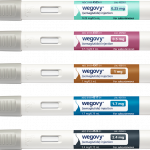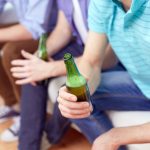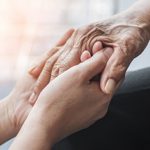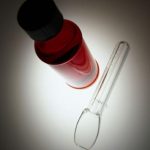
Weight loss drugs like Ozempic and Zepbound can lead to better heart health for people struggling with excess weight or diabetes, a University of Michigan cardiologist says. However, these medications help the heart best when combined with lifestyle changes like more exercise and a healthy diet, according to Dr. Eric Brandt, director of preventive cardiology at the University of Michigan Health Frankel Cardiovascular Center in Ann Arbor. “I recommend to my patients that while they are taking them that they set better lifestyle habits,” Brandt said in a university news release. “This includes eating more whole plant-based foods, reducing calories from sugary beverages, stopping smoking, using stress reducing techniques such as meditation and committing to an exercise regimen.” Poor diet and obesity are both independent risk factors for heart disease, Brandt said. In fact, diet has now eclipsed tobacco as the top contributor to premature death. Healthy lifestyle habits remain the first-line treatment for obesity, elevated cholesterol and high blood pressure, he said. “However, sometimes lifestyle changes are not enough, and this is the case for many people,” Brandt said. “Fortunately, there are now more treatments for obesity that are effective at helping with weight loss.” Ozempic, Wegovy, Zepbound and Mounjaro are all GLP-1 agonists. They work by mimicking a hormone in the body that decreases appetite, Brandt said. A 2023 study in the New… read on > read on >


















